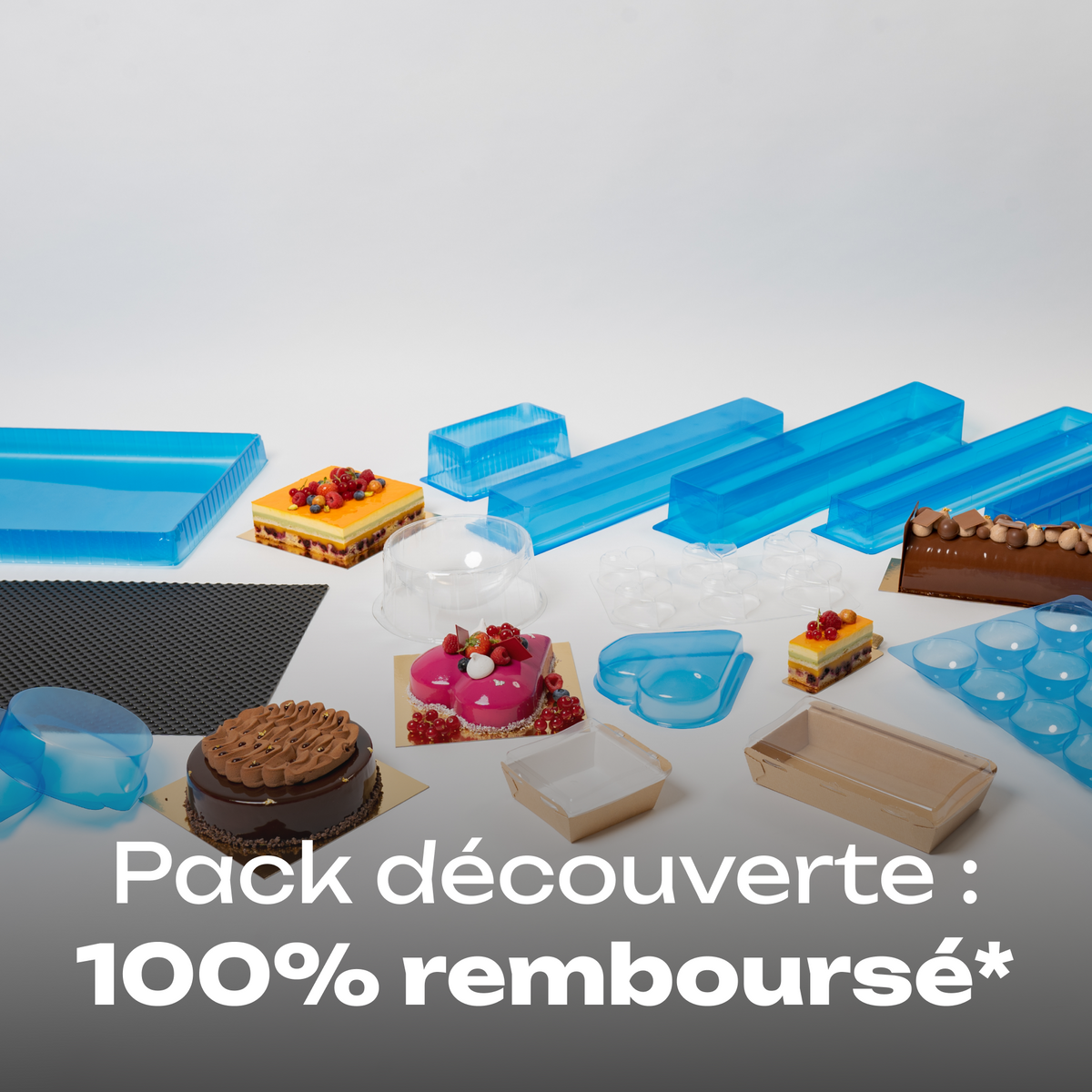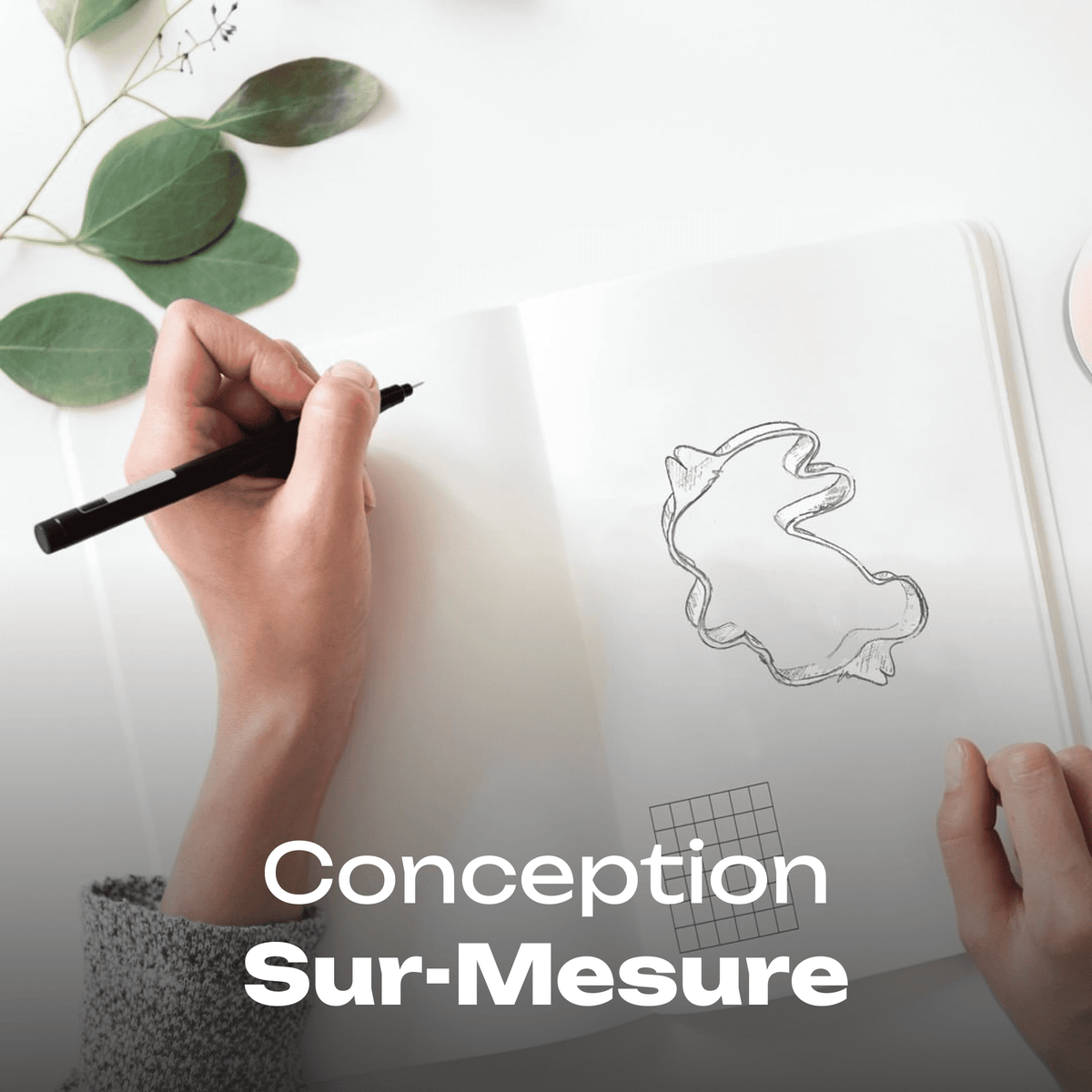Plastic baking moulds: What environmental impact?
Eco-responsibility in pastry: Understanding the impact of your equipment
In today's era of growing concern for ecology, pastry chefs are striving to make eco-responsible choices, even in their professional field. Recycled, recyclable and mono-material plastic molds are positioned as a first choice solution for pastry. Made from plastic containing up to 70% recycled materials, they are part of a circular economy by helping to reduce the environmental impact.
The advantages of plastic molds are not limited to their environmental impact. They also offer endless possibilities thanks to their resistance to cracks, shocks and temperature variations. Available in a wide variety of shapes and sizes, these molds adapt to all pastry creations, from simple cakes to sophisticated desserts.

Recyclable plastic molds are distinguished by their economic aspect. They are significantly more affordable than silicone or metal alternatives, allowing bakers to stock up to produce more gourmet delights.
In terms of food safety, these molds also provide peace of mind. Free of BPA and phthalates, the plastic does not interact with acidic or salty foods, ensuring safe use in baking.
For responsible and creative baking, single-material plastic molds are the essential choice. Offering versatility, economy and safety, they are the ideal solution for making delicious creations.


